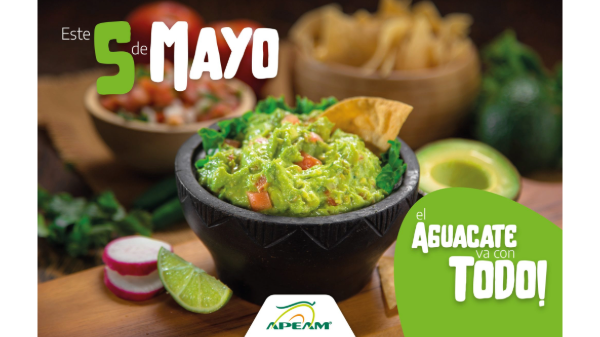Welcome to Blue Book!
Are you ready to join the thousands of companies who rely on Blue Book to drive smarter decisions? View our plans and get started today!
Still have questions? We’d love to show you what Blue Book can do for you. Drop us a line– we’ve been waiting for you.

Similar changes have occurred in the United States as well, according to Megan Silcott, faculty advisor for agricultural communications at California State Polytechnic University in San Luis Obispo. Cal Poly is in its second year offering an Agricultural Communications degree and Silcott says the numbers continue to rise—going from 59 students in the major (including freshman and sophomores) in 2012 to 111 freshmen in 2013. Silcott says a majority of the students in introductory classes came from big cities like San Francisco. “Their only exposure to agriculture has been restaurant food and farmer’s markets; they want to know more about niche marketing.”
On the recruiting side, Alex Meunier, manager of education at the Canadian Produce Marketing Association, sees a bright future for ag-related careers. “We’ve seen a lot of young people taking up the torch and moving forward into the industry.”
John Russell, president of J.E. Russell Produce Ltd., based at the Ontario Food Terminal in Toronto, says historically, younger workers advanced through the ranks as they gained on-the-job experience at the terminal market. But technology has added different demands and skill sets to the mix, so he looks for a blend of technical abilities and a willingness to learn the business. “Fortunately, our youngest generation comes to us with a technical foundation, enabling those willing to learn on the job to advance to sales and management positions.” Russell has found success recruiting workers in both their twenties and thirties.
Misconceptions
One battle still being fought is how younger generations perceive those involved in the produce industry. There are many outdated stereotypes, and Meunier finds one of the biggest misconceptions is that produce is not “a fast-paced kind of industry” and is often regarded as ‘old school.’
Gordon agrees, finding some applicants consider agricultural colleges as only for those who want to become farmers. And although there are certainly students with this aspiration, in many circumstances, “It’s the furthest thing from the truth.”
Peter Snyder, Jr., sales dispatch accounts manager at S&S Forwarding, is part of the much-discussed younger generation. “I have friends I grew up with in high school, and when I started in the business they all thought I was crazy. Then a couple of them got into produce or transportation, and started realizing the opportunities in this business to have a good life.”








